Microsoft-Activision Deal: FTC Files Appeal Against Court Ruling
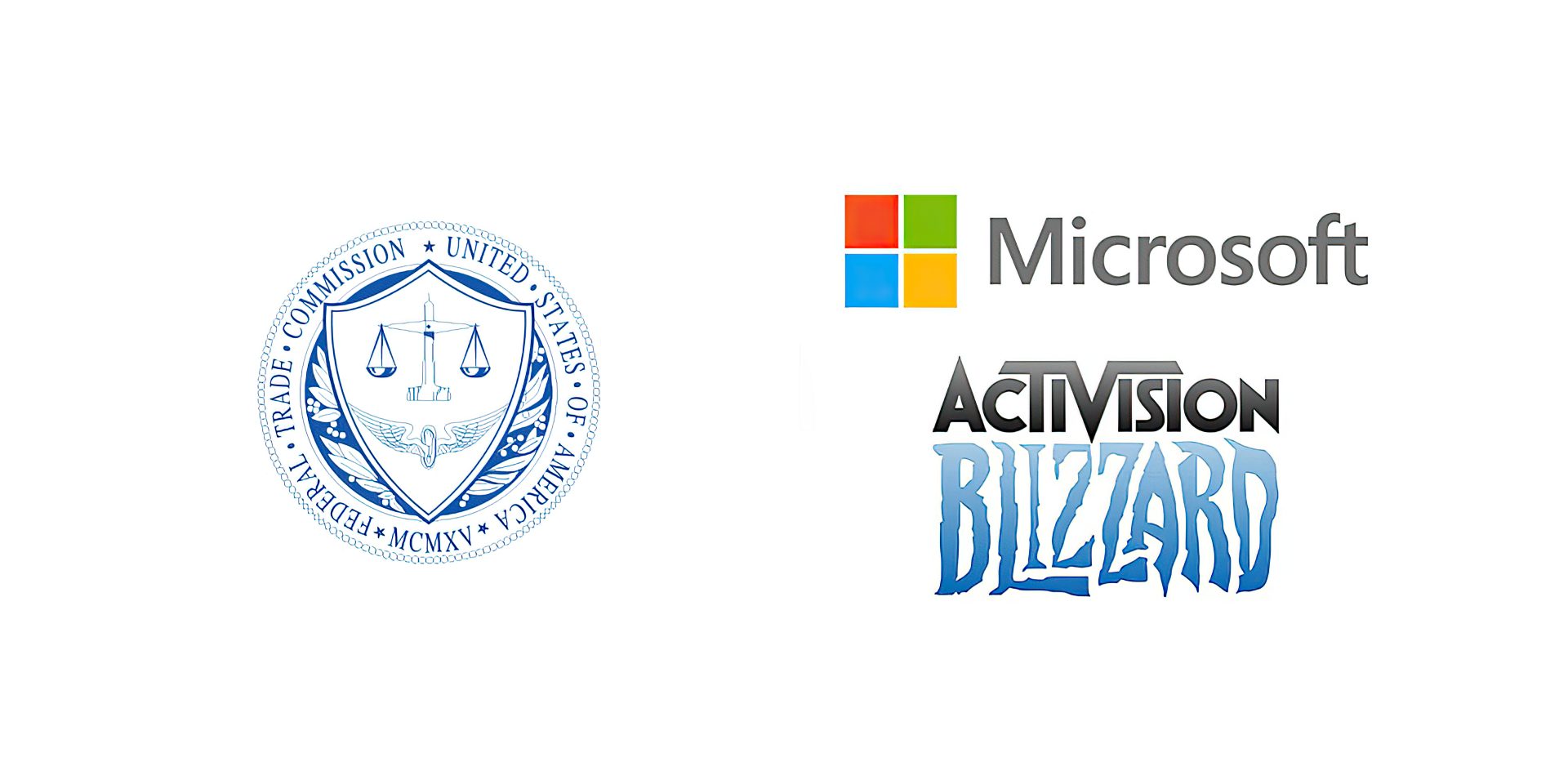
Table of Contents
The FTC's Arguments Against the Merger
The FTC's central argument rests on the potential for Microsoft to stifle competition, particularly within the rapidly expanding cloud gaming market. Their case hinges on preventing Microsoft from leveraging its substantial market power to the detriment of consumers.
- Concerns about Exclusive Titles: The FTC worries that Microsoft might limit access to popular Activision Blizzard games like Call of Duty, World of Warcraft, and Candy Crush to its own platforms, like Xbox, potentially harming competitors like PlayStation, Nintendo Switch, and other cloud gaming services. This move could create a significant competitive imbalance.
- Anti-Competitive Practices: The commission alleges that Microsoft intends to use anti-competitive practices to control the market share of these immensely popular franchises, creating a monopoly and harming consumer choice.
- Higher Prices and Reduced Innovation: The FTC argues that reduced competition, stemming from Microsoft's control of Activision Blizzard's vast game portfolio, will likely lead to higher prices for consumers and a decrease in innovation within the gaming industry. This lack of innovation could also extend to features and services beyond the games themselves.
The FTC's legal strategy relies heavily on presenting evidence demonstrating Microsoft's history and intent regarding market dominance. They are citing existing precedent in antitrust law to support their case against the merger.
The Judge's Initial Ruling and its Rationale
The initial ruling by the federal judge allowed the Microsoft-Activision merger to proceed, rejecting the FTC's claims. The judge's decision centered on several key points:
- Insufficient Evidence: The judge found that the FTC had failed to provide sufficient evidence to support its claims of anti-competitive behavior. The judge determined the evidence presented didn't convincingly demonstrate that the merger would substantially lessen competition.
- Lack of Clear Harm to Consumers: The judge didn't find compelling evidence demonstrating that the merger would directly harm consumers through higher prices, reduced quality, or lessened innovation in the gaming market.
- Focus on Cloud Gaming Competition: While the judge acknowledged the importance of cloud gaming, they were not persuaded that the merger would create a monopoly, finding that enough competition existed or would soon emerge in the cloud gaming market.
While there were no explicit dissenting opinions, the judge's reasoning highlighted the difficulty of predicting the long-term impact of such a significant merger on a rapidly evolving technological landscape.
Potential Implications of the FTC Appeal
The FTC's appeal could have several significant outcomes, each with its own set of implications:
- Successful Appeal: If successful, the appeal could lead to a complete block of the Microsoft-Activision merger, or it could result in imposed conditions designed to mitigate potential anti-competitive concerns. This could include mandates for cross-platform availability of certain titles.
- Unsuccessful Appeal: An unsuccessful appeal would solidify the merger, potentially setting a precedent for future large-scale acquisitions in the tech industry and influencing the balance of power within the gaming sector. This could lead to increased consolidation within the gaming market.
- Impact on Future Mergers and Acquisitions: Regardless of the outcome, this case will have lasting implications for future mergers and acquisitions in the tech industry, setting a crucial precedent for antitrust regulations and the scrutiny of mega-deals.
- Setting a Precedent for Antitrust Regulation: The appeal sets a critical precedent for future antitrust cases, particularly those involving mergers in rapidly evolving technological sectors. The FTC’s success or failure will significantly shape future regulatory approaches.
The Future of Cloud Gaming and its Role in the Debate
The future of cloud gaming is central to the FTC’s argument and Microsoft's defense. The FTC argues that Microsoft could leverage the Activision Blizzard portfolio to stifle competition in the cloud gaming space, potentially creating a monopoly. Microsoft, on the other hand, contends that the merger will actually accelerate innovation and expansion in the cloud gaming market.
The potential impact on platforms like Google Stadia, Amazon Luna, and Xbox Cloud Gaming is significant. The outcome of the appeal will directly influence the competitive landscape and the future trajectory of cloud gaming technology.
International Regulatory Responses
The Microsoft-Activision deal has faced scrutiny from regulatory bodies globally. The European Union, for example, approved the deal under certain conditions, illustrating variations in regulatory approaches across jurisdictions. These different interpretations highlight the complexities of regulating multinational tech mergers and the potential for conflicting decisions to impact the global gaming landscape.
Conclusion
The FTC's appeal against the Microsoft-Activision deal carries immense weight, shaping the future of the gaming industry and setting a crucial precedent for future tech mergers. The outcome will significantly influence competition, pricing, and innovation within the sector. This legal battle highlights the ongoing complexities of regulating massive mergers in the rapidly evolving tech landscape. Stay updated on this pivotal Microsoft-Activision Deal and its impact on the gaming world. The future of the Activision Blizzard acquisition remains uncertain, pending the appeal's resolution. Follow the news closely for further developments on this crucial Microsoft-Activision merger.

Featured Posts
-
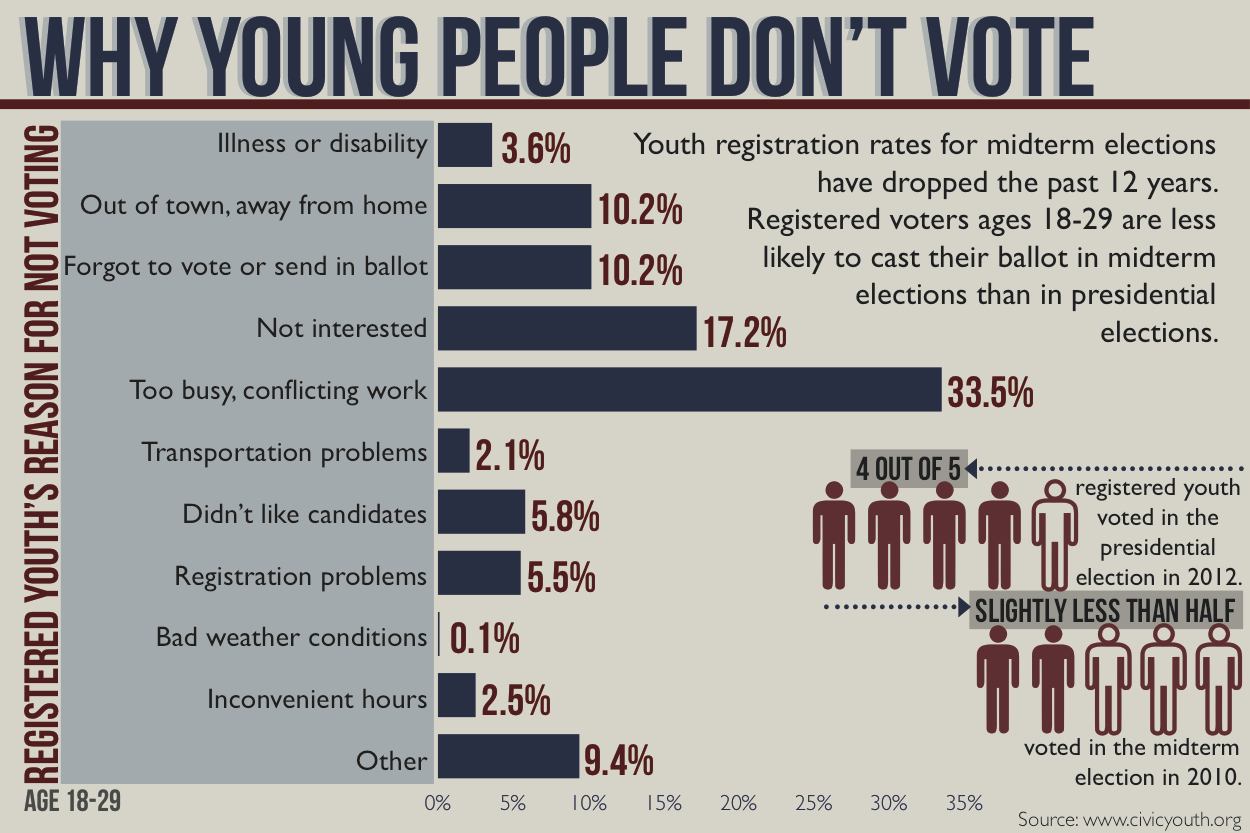 Florida And Wisconsin Election Turnout What It Means For The Future Of Politics
May 02, 2025
Florida And Wisconsin Election Turnout What It Means For The Future Of Politics
May 02, 2025 -
 Zdravka Colica Prva Ljubav Prica O Pjesmi Kad Sam Se Vratio
May 02, 2025
Zdravka Colica Prva Ljubav Prica O Pjesmi Kad Sam Se Vratio
May 02, 2025 -
 Winter Weather In Tulsa Digital Exclusive Timeline By Travis And Stacia
May 02, 2025
Winter Weather In Tulsa Digital Exclusive Timeline By Travis And Stacia
May 02, 2025 -
 Manchester United Community Mourns With Poppys Family A Heartfelt Tribute
May 02, 2025
Manchester United Community Mourns With Poppys Family A Heartfelt Tribute
May 02, 2025 -
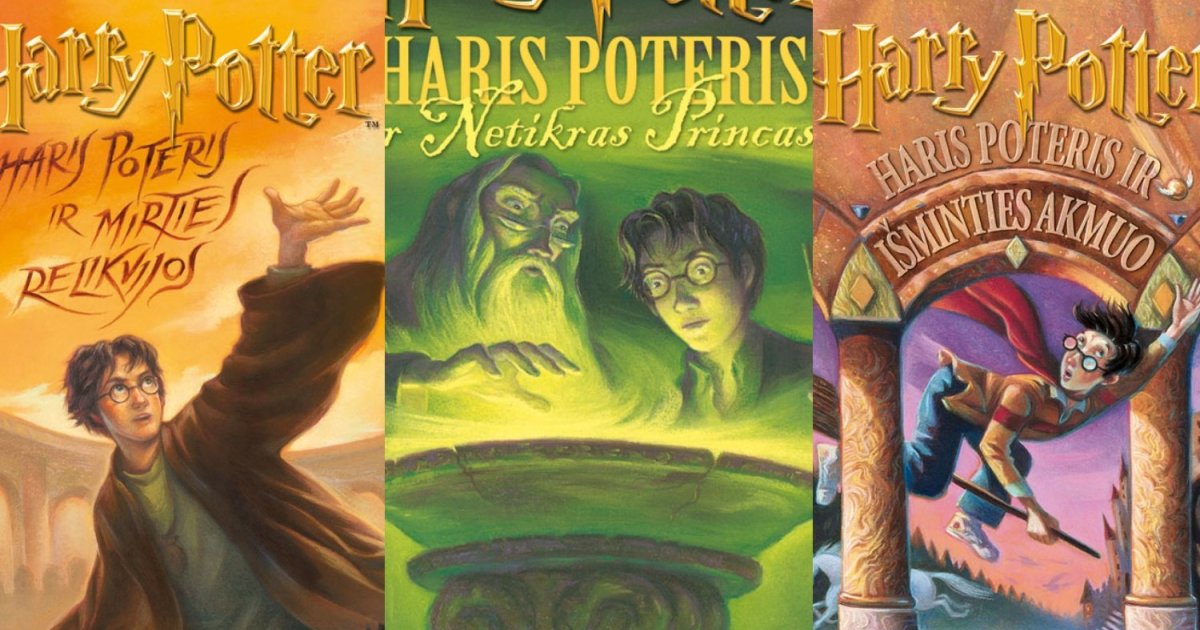 Naujas Haris Poterio Parkas Sanchajuje Planuojama Atidaryti 2027 M
May 02, 2025
Naujas Haris Poterio Parkas Sanchajuje Planuojama Atidaryti 2027 M
May 02, 2025
Latest Posts
-
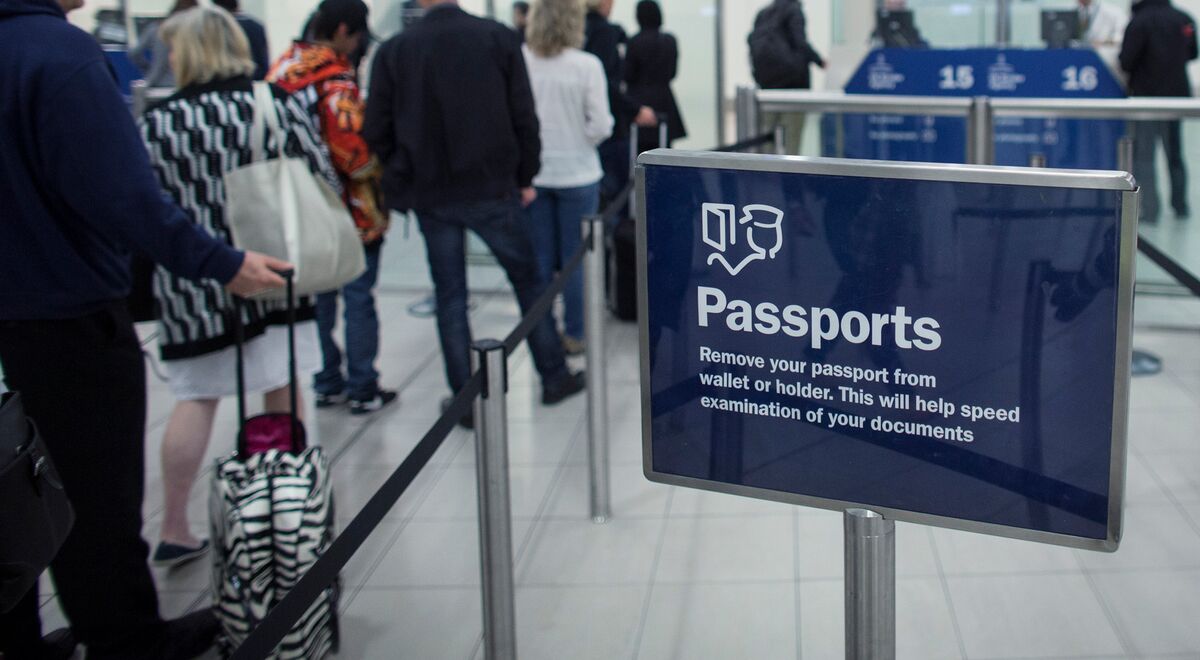 Proposed Uk Restrictions On Student Visas From Asylum Prone Nations
May 10, 2025
Proposed Uk Restrictions On Student Visas From Asylum Prone Nations
May 10, 2025 -
 Uk Governments Potential New Visa Policy Pakistan Nigeria And Sri Lanka Affected
May 10, 2025
Uk Governments Potential New Visa Policy Pakistan Nigeria And Sri Lanka Affected
May 10, 2025 -
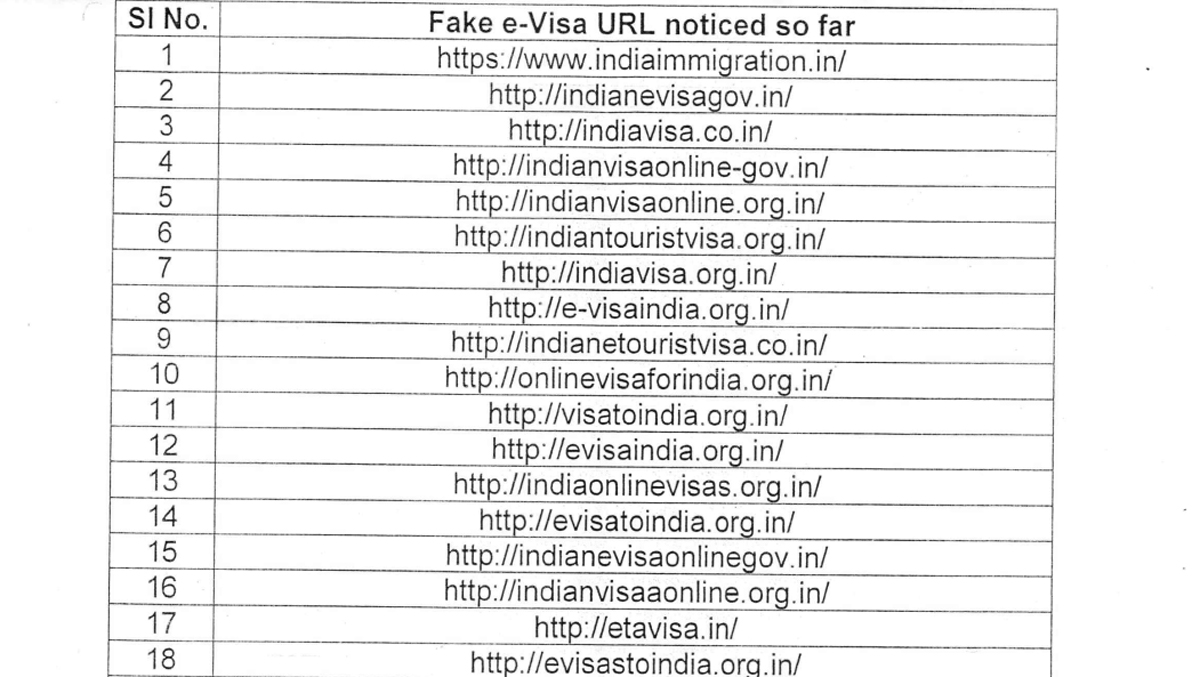 Proposed Uk Visa Changes Implications For Pakistan Nigeria And Sri Lanka Applicants
May 10, 2025
Proposed Uk Visa Changes Implications For Pakistan Nigeria And Sri Lanka Applicants
May 10, 2025 -
 Report Uk Considering Visa Restrictions For Pakistan Nigeria And Sri Lanka
May 10, 2025
Report Uk Considering Visa Restrictions For Pakistan Nigeria And Sri Lanka
May 10, 2025 -
 Uk To Tighten Visa Rules For Pakistan Nigeria And Sri Lanka
May 10, 2025
Uk To Tighten Visa Rules For Pakistan Nigeria And Sri Lanka
May 10, 2025
